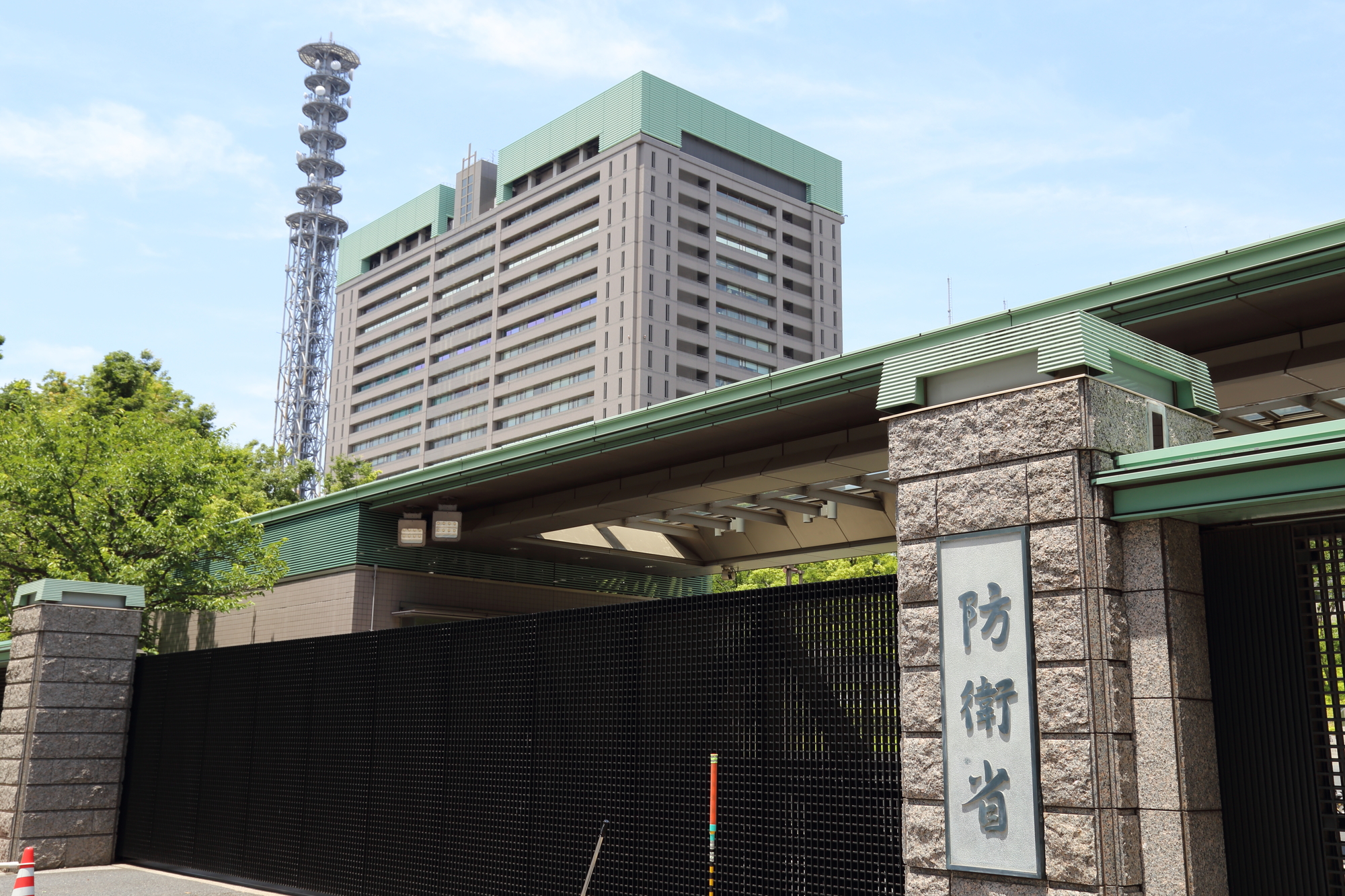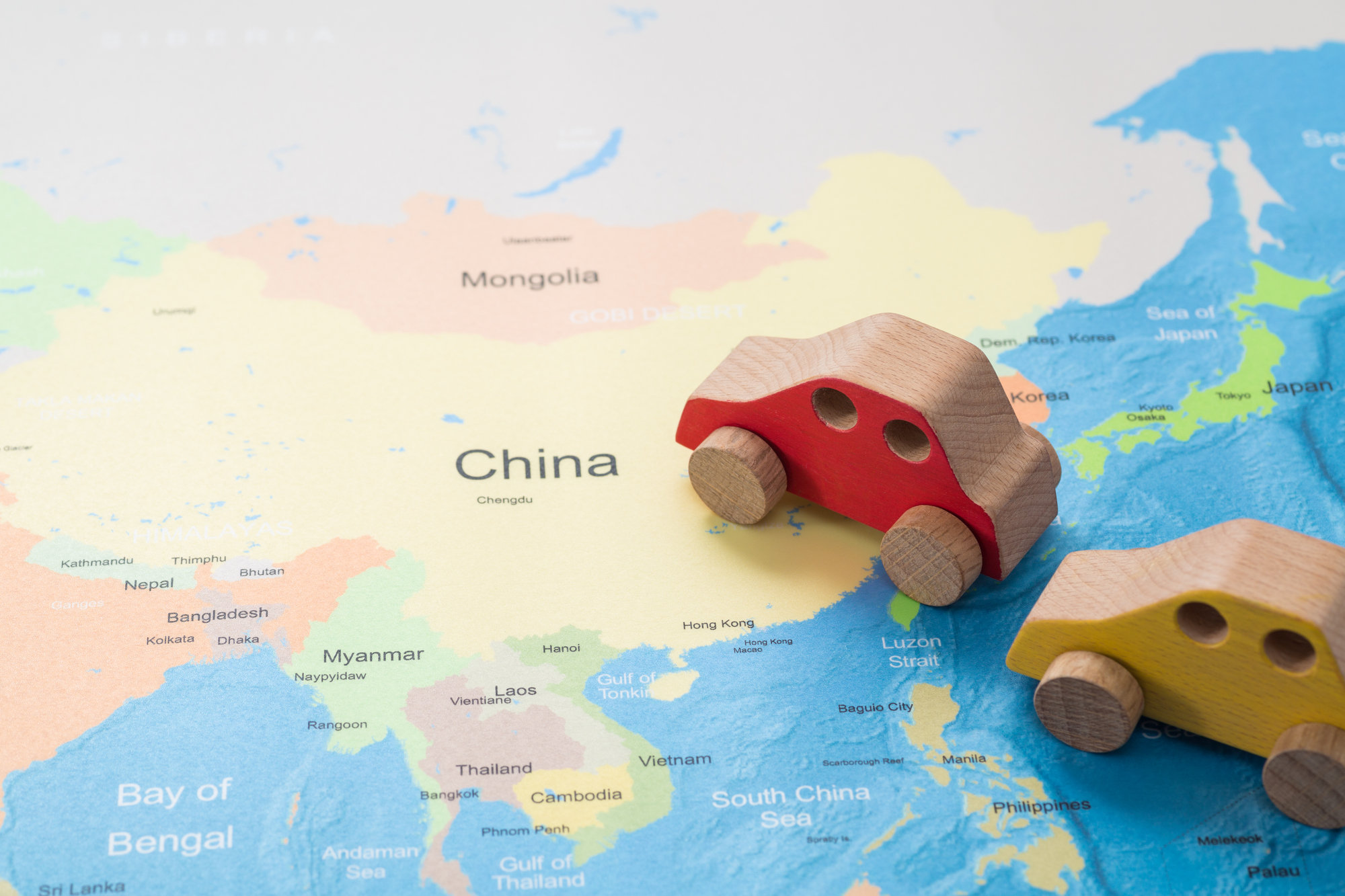2014/10/01
Robert D. Eldridge, "Onodera Itsunori: A Once in a Lifetime Defense Minister"
On September 3, Prime Minister Abe Shinzo announced a new Cabinet lineup as part of his mid-term reshuffle of members of his party.
One of those who stepped down, to the great disappointment of many of his fellow countrymen and admirers in foreign governments, was Minister of Defense Onodera Itsunori. As the fourth longest serving defense minister in Japanese history, with a great deal of successes under his belt, Onodera was one of the most capable and popular members of the Cabinet.
This commentary addresses the reasons for the popularity and success of Onodera during his time in office, particularly in the context of U.S.-Japan security relations.
Six-hundred sixteen days in office can take a toll on an individual, especially someone as busy as Onodera was, and yet he maintained his energy and enthusiasm throughout. Every weekend, Onodera visited SDF bases around the country to show his support of the SDF personnel working at these facilities and their families. Many of the more than 140 camps he visited had never received such a high level visit before, certainly not in recent years. During these visits, he asked not only organization-related questions, but also about personnel issues demonstrating an interest in the personal matters of his forces.
When he was not visiting his men and women in uniform, working in his office in Ichigaya in Tokyo or attending committee meetings or other sessions of the Diet, Onodera visited a number of foreign countries (about 15 in total)--the most ever for a defense minister, to include not only the United States, but also South Sudan, the Philippines, Vietnam, Thailand, Singapore, France, Austria, and Finland, to name a few.
His engaging personality, sincerity, energy, and interest in defense matters, bilateral and regional security cooperation, and what makes the countries he travels to tick, made him a popular figure not only domestically, but internationally as well, especially, among U.S. leaders. Thanks to his decisive leadership, many decisions were made quickly and wisely, and as a result, defense policies will become more relevant, capabilities of the SDF will grow, and the relationship with the United States and other friendly countries will deepen.
Most significant was the relationship he built with Japan's ally, the United States. Onodera hails from Kesennuma City, Miyagi Prefecture, one of the communities worst-hit in the Great East Japan Earthquake and Tsunami of March 2011. He experienced personal tragedy as a result of the disaster, losing friends, relatives, and much of his hometown. He personally witnessed his nation's SDF, as well as U.S. forces in Japan, respond side-by-side to the disaster and help Tohoku begin the recovery.
Importantly, he developed a very close relationship with the U.S. Marine Corps, which had led the U.S. response. That relationship continued after Operation Tomodachi when the Marine Corps established an annual homestay program for the children of Oshima Island in Kesennuma City to visit Okinawa and stay with the Marines and their families, as well as send the award-winning III Marine Expeditionary Force Band to the city for its popular annual port festival in 2012 (disrupted in 2011 due to the disaster). This relationship continued to deepen after Onodera became the head of Japan's newest ministry. This close personal relationship with U.S. military leaders can be said to be one of the secrets behind his success as defense minister.
But he is not only a minister, but a politician, and one strongly supported by his constituents since he was first elected in 1997. A native son, whose specialty was agriculture and fisheries, Onodera worked for the Miyagi Prefecture Government before deciding to serve the people in different capacity by running for office after attending graduate school and lecturing. His called for a re-instilment of warm family values and close-knit communities, symbolized by his desire to see families of three generations--the grandparents, the sons and daughters, and the grandchildren--all living together under one roof.
As a person, Onodera is a believer in seeing things with his own eyes and in studying things on his own. He asks a lot of questions, and is known as a listener. Equally important is his humility, whether with his staff, colleagues, counterparts, or the average person he meets. He makes one feel at home, no matter where he is. He was particularly well liked by the men and women of the Self-Defense Forces, not only for his bold, but thoughtful, leadership, but also because he tried to understand his personnel as people. This particularly strong bond was seen in the outpouring of support for him when he departed the MOD headquarters building, not only from the civilian staff with whom he worked daily, but by those in uniform whose lives and welfare he had in his hands.
Due to his genuine dedication to his duties as defense minister, he only rarely was able to return to his beloved hometown. This was no doubt a difficult decision for him, for a year after the disaster while he was still simply a member of parliament from the opposition, he said in an interview in the Japan edition of Newsweek that he was concerned the Diet was forgetting about the disaster area. His family's damaged inn, Onabeya, immediately next to the Port of Kesennuma, was a constant reminder of the destruction. Indeed, the water marks high on the wall in the first floor in the dining room, where this writer once enjoyed a bowl of Onodera's mother's famous curry rice, still remained on the day he was named minister. He will now have the chance again to work directly for his constituency, but his mark on the nation and the world will not easily be forgotten.
It would not be an exaggeration to say that Onodera, particularly in the Japan-U.S. connection, was a once in a lifetime, if not a once-in-a-country's history, choice as minister of defense. Abe's decision then in December 2012 to name Onodera, despite his not having supported Abe in the party presidential election that September, was indeed a sage one. Japan was very lucky to have had Onodera as defense minister during this time of change and the need to move Japan's defense policy forward. He truly did a great job. "Otsukare-san," as they say in the Tohoku area, and thank you.
Equally important, too, he laid the foundation for his former vice minister, Eto Akinori, who was appointed to succeed him as defense minister, to continue to promote the security policies of the Abe Administration and further Japan's strategic interests in close consultation with its alliance partner and friends in the region.
Eldridge served as the political advisor to the Forward Command Element of 3rd Marine Expeditionary Brigade in Sendai during Operation Tomodachi, and is a visiting fellow at the Institute for International Policy Studies in Tokyo.
The views expressed in this page are the author's own and should not be attributed to the Institute for International Policy Studies.






